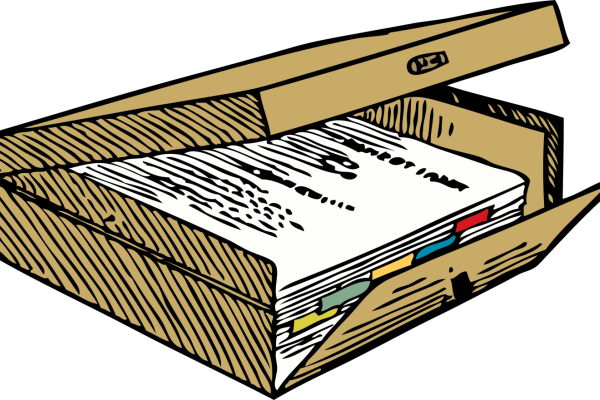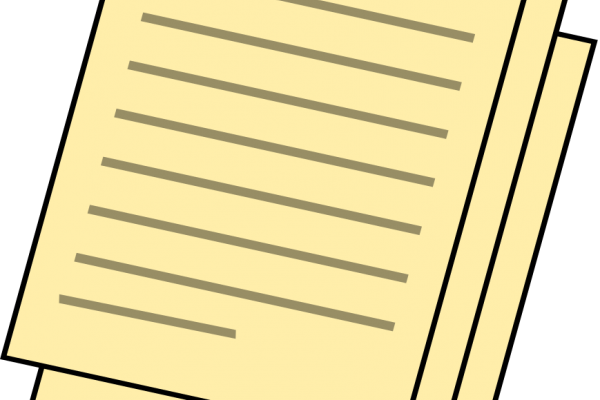The Budget Process
In preparing the budget for the state each year, the General Assembly receives recommendations from its permanent fiscal and budget review agency, the Joint Budget Committee (JBC). The JBC is charged with studying the management, operations, programs, and fiscal needs of the agencies and institutions of Colorado state government. Throughout the year, the JBC holds a number of meetings and considers a range of documents to help prepare the budget recommendations for the General Assembly.
In addition to hearing from the Joint Budget Committee, the General Assembly receives recommendations regarding infrastructure and technology from the Capital Development Committee and the Joint Technology Committee respectively.
The General Assembly also uses economic forecasts prepared by the Legislative Council Staff to develop the state budget, monitor state spending in relation to revenue, and determine and report the amount of excess state revenue under TABOR. These forecasts of the Colorado and U.S. economies and of state revenues are produced at least quarterly (March, June, September, and December).










